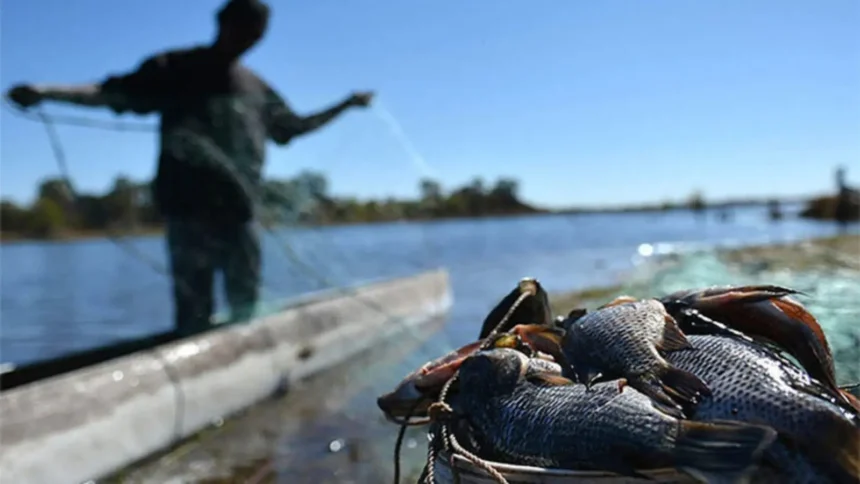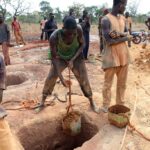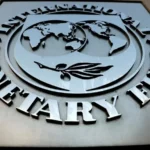Kayar, a coastal town in Senegal, is experiencing a critical shift in its fishing industry as traditional fish stocks dwindle.
Fishing is a key part of the national identity in Senegal, a country of 18 million. The fishing industry employs around 600,000 people both directly and indirectly.
Practices such as overfishing and illegal catches, coupled with the impact of global warming have led to a significant decline in the country’s marine resources.
This decline has resulted to rising fish prices, making this essential food item increasingly unaffordable, contributing to unemployment and migration.
In response, Senegal is re-focusing on aquaculture as a potential solution to the country’s dwindling fish stocks.
- Advertisement -
Aquaculture has had difficulty gaining traction as a significant substitute for traditional fishing. The practice, which has existed for decades, has struggled to gain momentum, contributing only 1% of the country’s total aquatic production.
Khadidiatou Sar Seck, the pioneer of aquaculture in Senegal, noted that the difficulty is that Senegalese people do not know the product, and finding quality varieties is difficult.
In 2006, a dedicated aquaculture agency was created but its development was hindered by various challenges including expensive imported fish feed, difficulty accessing land, and limited consumer familiarity with farmed fish.
But the director of the national aquaculture agency, Samba Ka, has big ambitions for the industry. “Anything is possible if investment and partners follow suit,” he said.
Since taking office in March, President Bassirou Diomaye Faye has prioritized food sovereignty in his policies. His government has vowed to promote fish farming and attract industry investment.
- Advertisement -
At a conference on sustainable aquaculture in the capital Dakar, Fisheries Minister Fatou Diouf has declared food sovereignty a government priority, with plans to increase aquaculture production to 65,000 tonnes by 2032 and create 50,000 new jobs.
According to a 2024 analysis by the UN’s Food and Agriculture Organization (FAO), Asia accounts for 91.4% of world aquaculture production, with Africa contributing only about 1.9% despite its enormous potential.










